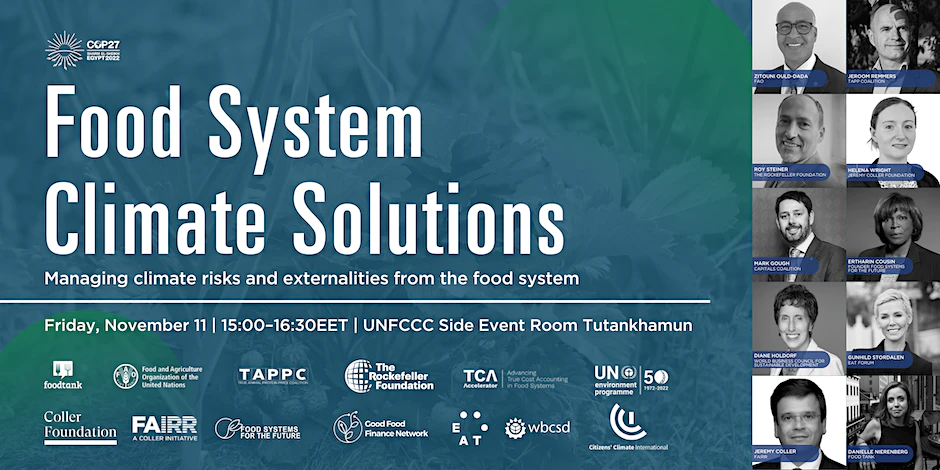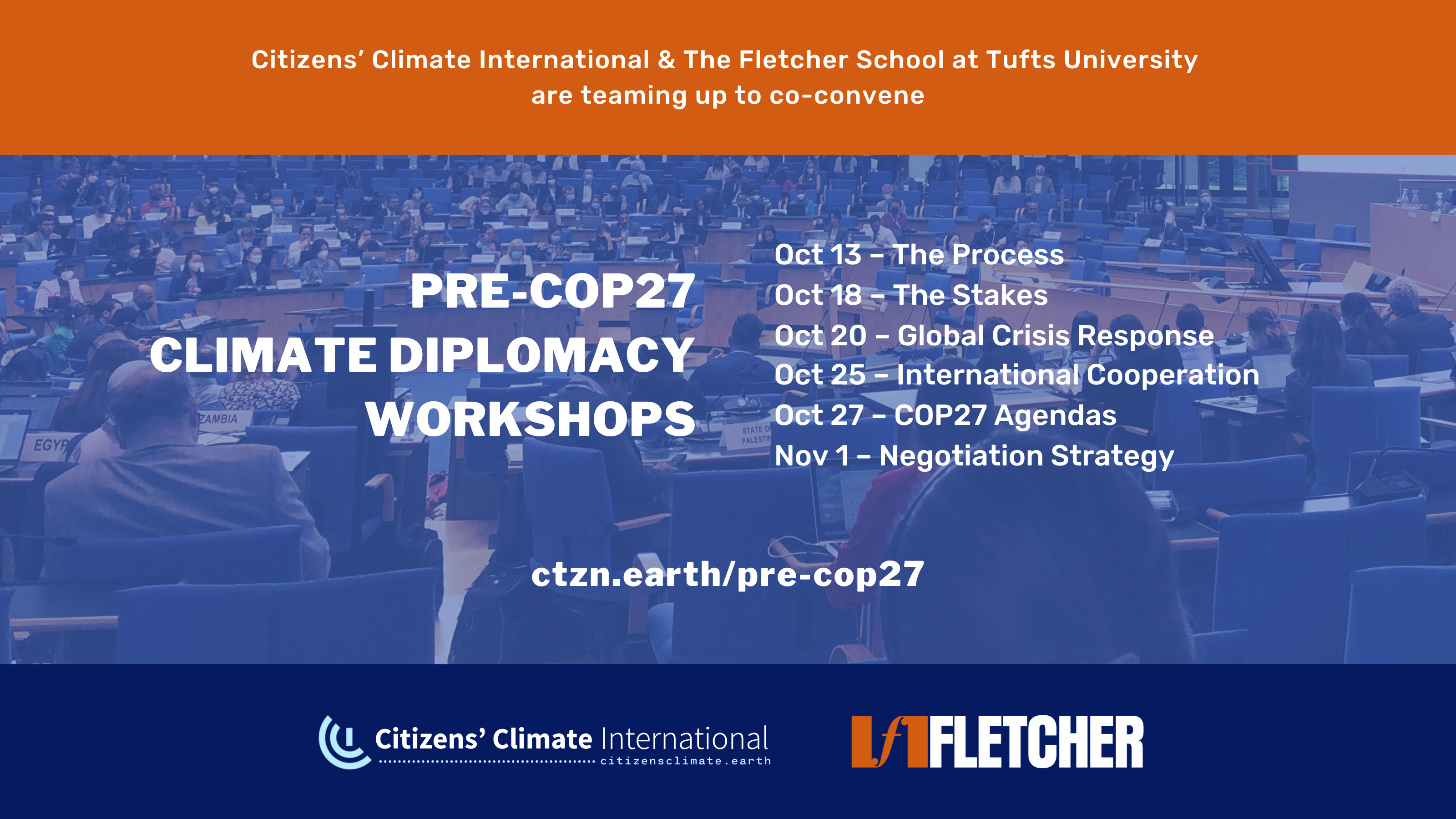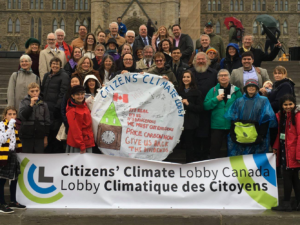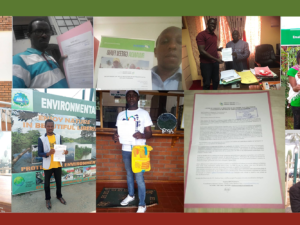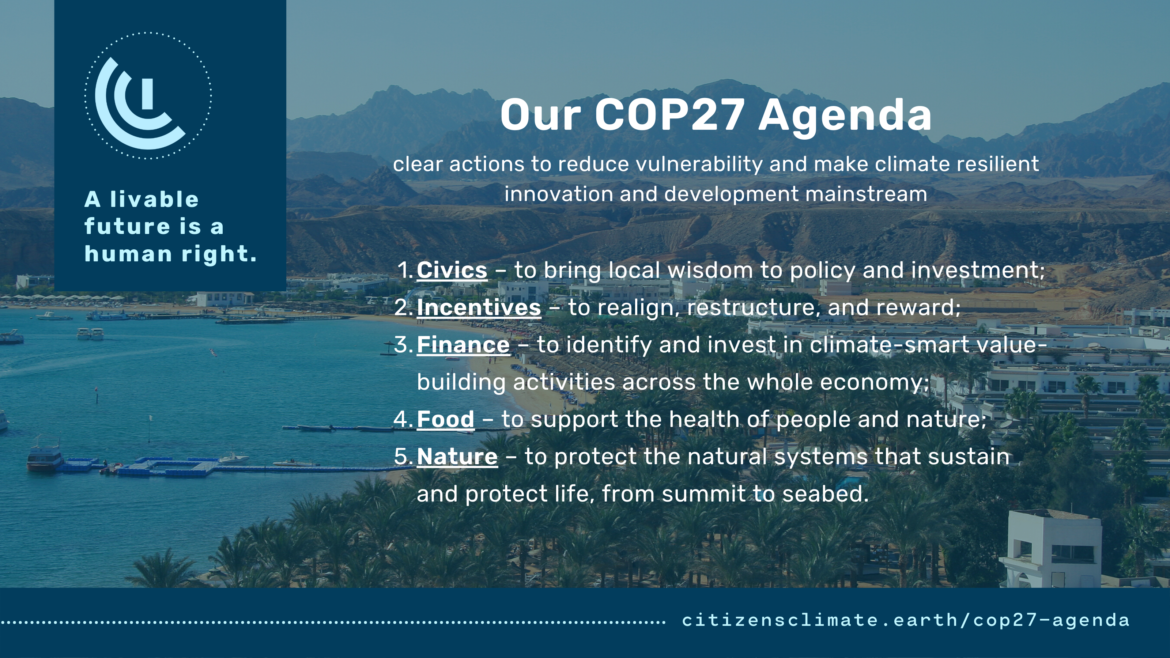
Disruption of Earth’s climate system by human behavior poses an ever more clear and present danger to the viability of ecosystems, biodiversity, and food security, as well as human economies, societies, and nation states. Action to reduce and eliminate that disruption is imperative and cannot wait any longer.
The world is facing a global cost of living crisis, driven by a combination of:
- COVID repercussions;
- climate disruption and costly extreme events;
- conflict and instability;
- spreading food insecurity;
- worsening, and colliding, sovereign debt crises;
- and: the market-rigging behavior of anti-democratic governments that depend on pollution revenues.
This moment in world history is being shaped by the convergence of major crises. Delayed action is adding risk, harm, and cost—a dynamic which will eventually degrade the capabilities needed to successfully respond to climate change. Addressing today’s emergencies with outdated resource-exploitation strategies will only deepen the long-term threat posed by these converging crises.
The livability of our world is at stake, now, today.
Tens of thousands of diplomats, experts, advocates, and observers, will gather in Sharm el-Sheikh November 6-18, to carry forward the mandate of the 1992 UN Climate Convention. The outcome must do more than we have ever done before to halt and address the effects of “dangerous anthropogenic interference with Earth’s climate system”. This means we must, as a global community, achieve historic progress on five climate imperatives:
- Stop emitting global heating pollution, and stop financing new exploration and production;
- Secure real-time and near-term investment in zero emissions energy systems, at the unprecedented levels required for fast-paced transformation;
- Cooperate to create fiscal space in all nations for direct investment in climate resilient development;
- Repurpose subsidies and incentives to foster climate-smart food systems, including production, distribution, and consumption patterns;
- Restore and protect nature, aligning economic, industrial, and trade priorities with the health and resilience of biodiversity and ecosystems.
Success across all five of these imperatives is needed to meet the mandate of the Convention, and to achieve the 17 Sustainable Development Goals of the United Nations 2030 Development Agenda. Acting on these five imperatives will also be necessary for meeting the challenges identified by the Global Crisis Response Group on Food, Energy, and Finance.
The most technically vibrant, creative, and efficient application of science to these challenges, requires open societies and institutions that are transparent and accountable. We will not achieve climate resilience without open engagement of stakeholders and responsive civic processes operating at all scales.
In light of this, and considering the Principles for Reinventing Prosperity, we focus our policy agenda for COP27 on five broad areas of action:
- Civics, across all 5 climate imperatives, including work on Action for Climate Empowerment, the ECOS Community, our Engage4Climate Toolkit, and The People’s Pavilion;
- Incentives, including pollution pricing, climate income, non-market approaches, and other cooperative decarbonization and resilience measures;
- Finance, including catalytic, early action, and mainstream financial interventions, across the public, private, and multilateral sectors—valuing a participatory Capital to Communities approach and the inherently multiscale, multistakeholder benefits of successful adaptation and resilience;
- Food, including food security measures driven by climate-smart production and informed by data systems aligned with valuing climate resilient, nature-positive, and sustainable development outcomes;
- Nature, from summit to seabed – treating mountain glaciers, polar ice caps, watersheds, and the integrity of biodiverse natural systems on land and throughout the ocean, as human security must-haves.
The imperative of managing convergence of these forces and influences is why we are supporting the UNFCCC-listed side event Food System Climate Solutions: Managing climate risks and externalities from the food system, which will take place at 15:00 local time on Friday, November 11, inside the COP27 Blue Zone. We will also release the 2022 Reinventing Prosperity report during the COP27 and will launch a global Consultation on Priorities for a Livable Future.
The UNFCCC process is a place of immense promise, where 196 nations and their various negotiating groups are empowered to steer policy, incentives, and investment, toward a future without human-caused climate damage. Citizens’ Climate International is committed to supporting the constructive engagement of citizens and stakeholders in decision-making at all levels of public authority and across all of the above-outlined areas of work.
This is the spirit in which we convened the Pre-COP27 cycle of Climate Diplomacy Workshops in collaboration with The Fletcher School at Tufts University. The workshops provided hundreds of diplomats, observers, scholars, and stakeholders, a deep dive, steered by seasoned negotiators, experts, and advocates, into the UNFCCC process, the stakes, and the complex dynamics feeding into and affected by what is negotiated there.
We cannot afford to fail; we must go far faster than we have ever before attempted; we must make these decisions together, with real understanding of impact at the human scale and science insights guiding us toward sustainable prosperity, in harmony with Nature.


